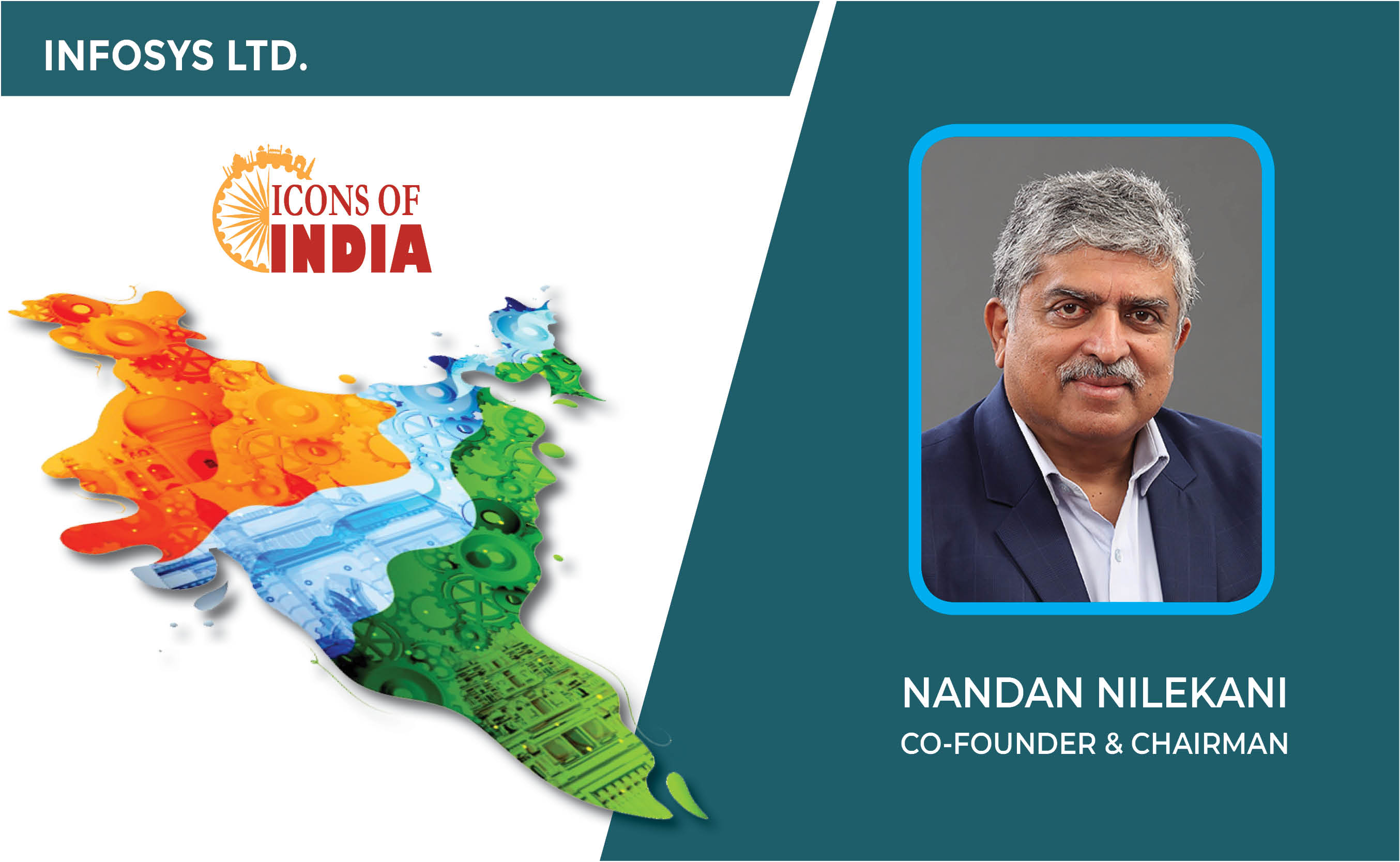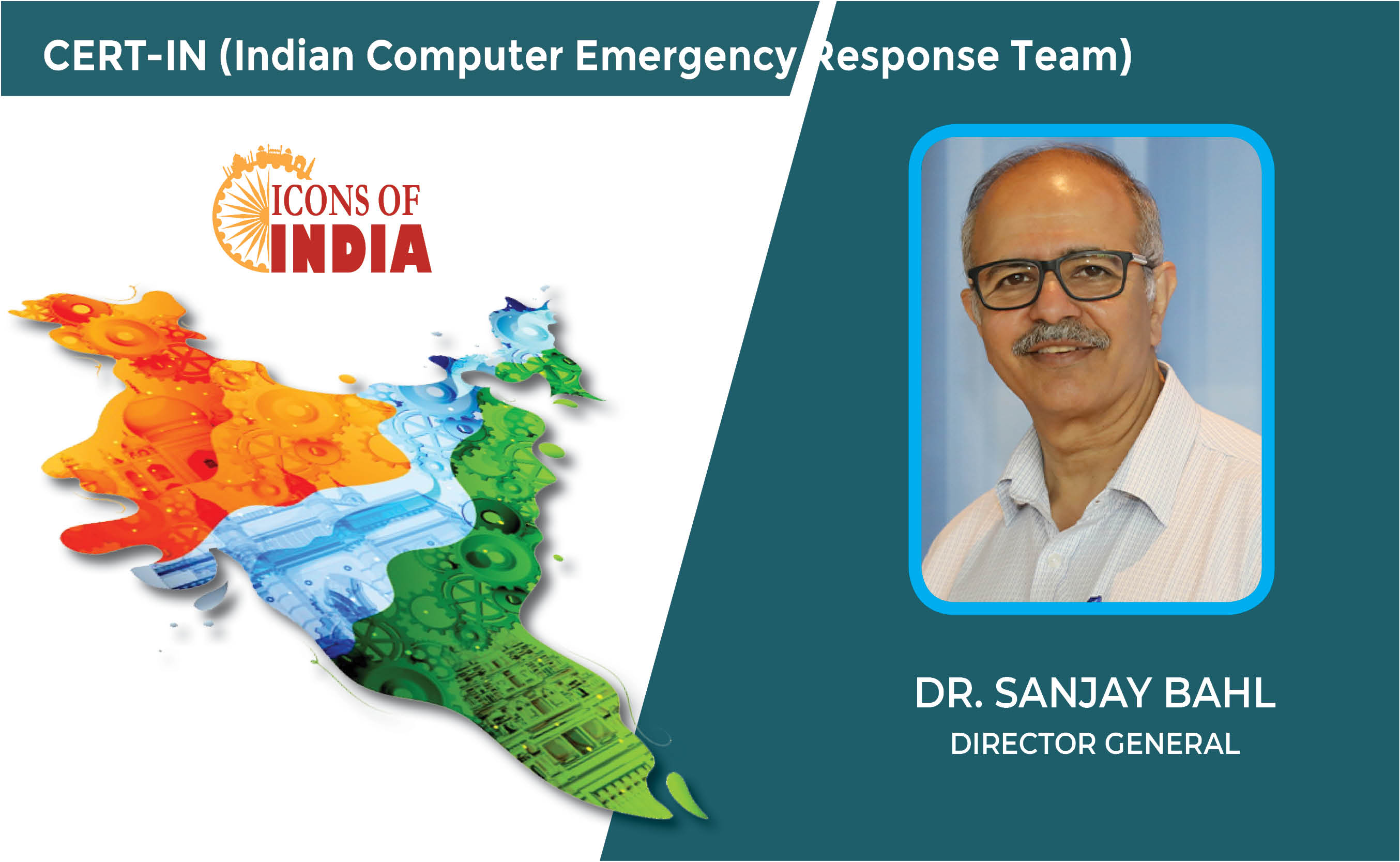Does BSNL fails once again?
By MYBRANDBOOK

The centre recently pumped in around Rs 70,000 crore to revive BSNL’s lease. It’s not even six months since this relief package was announced, and there is already an attempt to scuttle the dying telecom company’s revival plans.
On March 23, BSNL floated a new tender to procure 4G equipment in a bid to expand its mobile broadband network. The contract would position the telecom company to offer high-speed Internet access to its users. This project is crucial for the company, as it is already four years behind private telecom companies including Reliance Jio and Airtel in launching 4G services.
So far, BSNL has been offering 2G and 3G services, thereby losing out on the opportunity to earn higher revenues from 4G customers. To plug this gap, the Centre decided to allocate 4G spectrum to BSNL this year and the company was quick to float the tender to award a comprehensive contract for planning, engineering, supply, and maintenance of its 4G network.
On April 15, the Telecom Equipment and Services Export Promotion Council (TEPC) sent a letter to various government departments, including the Ministry of Communications and the Prime Minister’s Office, alleging that the tender conditions set by BSNL flouted procurement rules under the ‘Make in India’ policy, and was heavily in favour of multinational companies. TEPC is an industry association representing domestic telecom equipment manufacturers such as Tejas Networks, Sterlite, HFCL, and Vihaan Networks.
BSNL has now been told to rework the tender after the Ministry of Commerce intervened. This means further delays. Meanwhile, Airtel has awarded a $1-billion contract to Finland’s Nokia for supplying 4G network equipment. No one has raised any security concerns on this deal.
It seems that lessons from the past, which ruined BSNL, have not been learned.
The latest tender for 4G equipment is more crucial than the 2G rollout in 2008. BSNL was still profitable then; now, it is fighting for survival. Rolling out 4G services quickly could still give the PSU a chance at cornering the market share in rural areas, where private players are just about launching services. If it has to compete with the likes of Reliance Jio and Airtel, then there has to be a level playing field.
It will be unfair to ask only BSNL to buy local 4G equipment, which is a largely untested, and let private player run on equipment supplied by global giants like Nokia and Ericsson.
More than 90 per cent of mobile users in the country are on private operators’ networks, and almost 100 per cent of these networks are supplied by foreign companies, including Chinese vendors.
That is not to say that Indian manufacturers should not be encouraged. Companies such as Tejas, Sterlite, and Aksh Optifibre have developed top expertise in specific areas of telecommunication networks. The Centre should do more to support Indian manufacturing companies in a manner that’s fair to all stakeholders in the industry.
But the burden of propping up domestic manufacturers cannot be put on BSNL alone, in a highly competitive telecom market.


Legal Battle Over IT Act Intensifies Amid Musk’s India Plans
The outcome of the legal dispute between X Corp and the Indian government c...

Wipro inks 10-year deal with Phoenix Group's ReAssure UK worth
The agreement, executed through Wipro and its 100% subsidiary,...

Centre announces that DPDP Rules nearing Finalisation by April
The government seeks to refine the rules for robust data protection, ensuri...

Home Ministry cracks down on PoS agents in digital arrest scam
Digital arrest scams are a growing cybercrime where victims are coerced or ...


Icons Of India : NANDAN NILEKANI
Nandan Nilekani is the Co-Founder and Chairman of Infosys Technologies...

Icons Of India : Dr. Arvind Gupta
Arvind Gupta is the Head and Co-Founder of the Digital India Foundatio...

Icons Of India : Dr. Sanjay Bahl
Dr. Sanjay Bahl has around four decades of experience in the ICT indus...


NSE - National Stock Exchange
NSE is the leading stock exchange in India....

BEL - Bharat Electronics Limited
BEL is an Indian Government-owned aerospace and defence electronics co...

C-DAC - Centre for Development of Advanced Computing
C-DAC is uniquely positioned in the field of advanced computing...


Indian Tech Talent Excelling The Tech World - NIKESH ARORA, Chairman CEO - Palo Alto Networks
Nikesh Arora, the Chairman and CEO of Palo Alto Networks, is steering ...

Indian Tech Talent Excelling The Tech World - Steve Sanghi, Executive Chair, Microchip
Steve Sanghi, the Executive Chair of Microchip Technology, has been a ...

Indian Tech Talent Excelling The Tech World - AJAY BANGA, President - World Bank
Ajay Banga is an Indian-born American business executive who currently...
 of images belongs to the respective copyright holders
of images belongs to the respective copyright holders